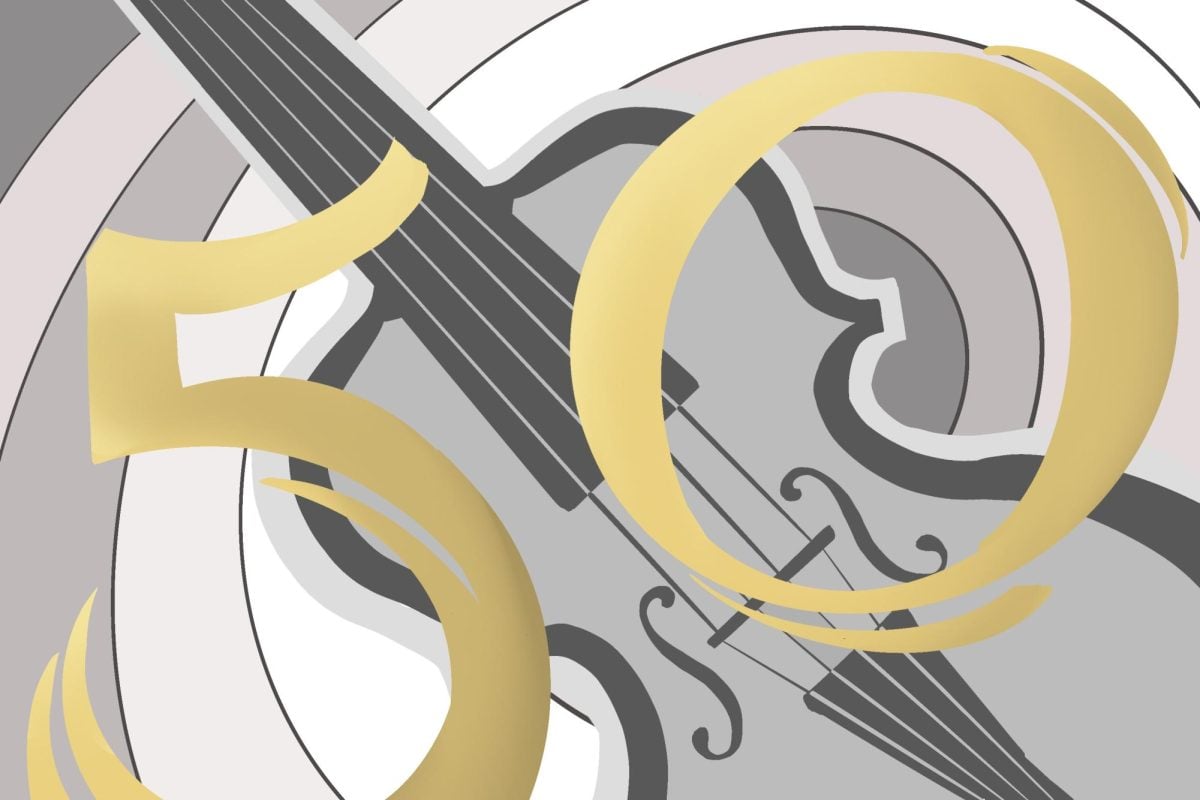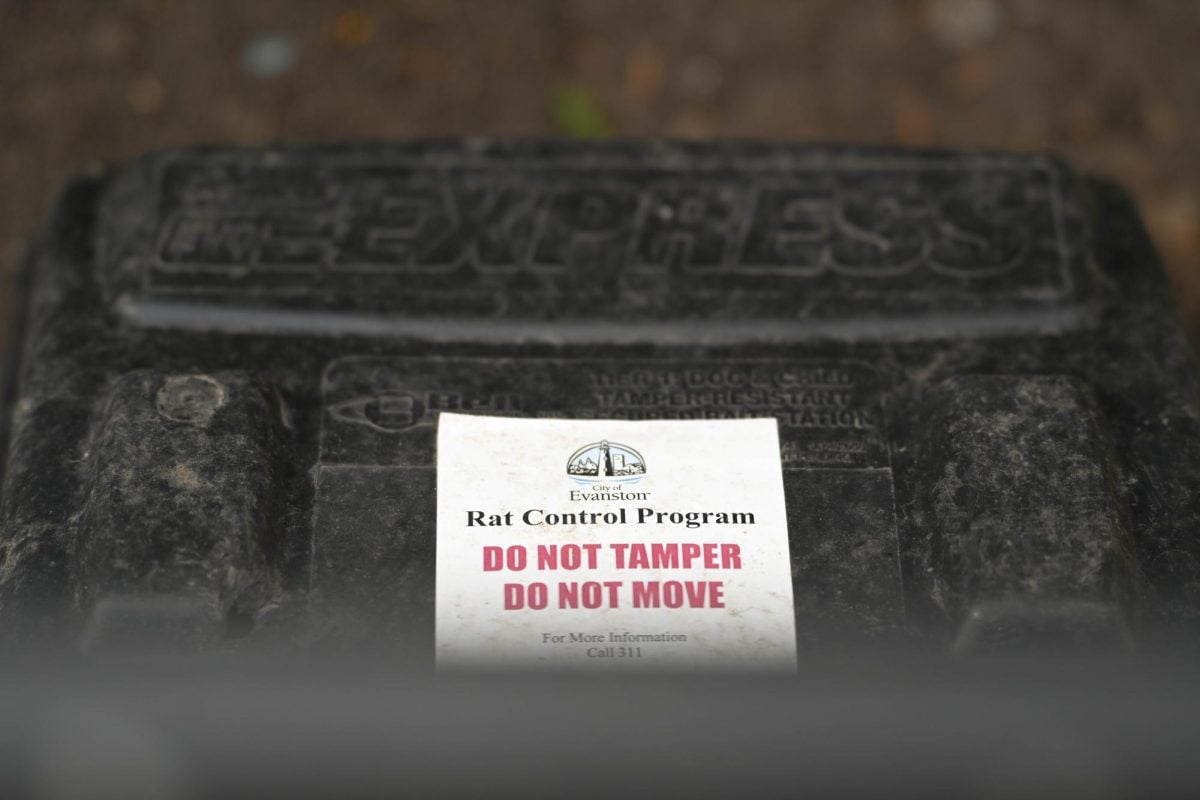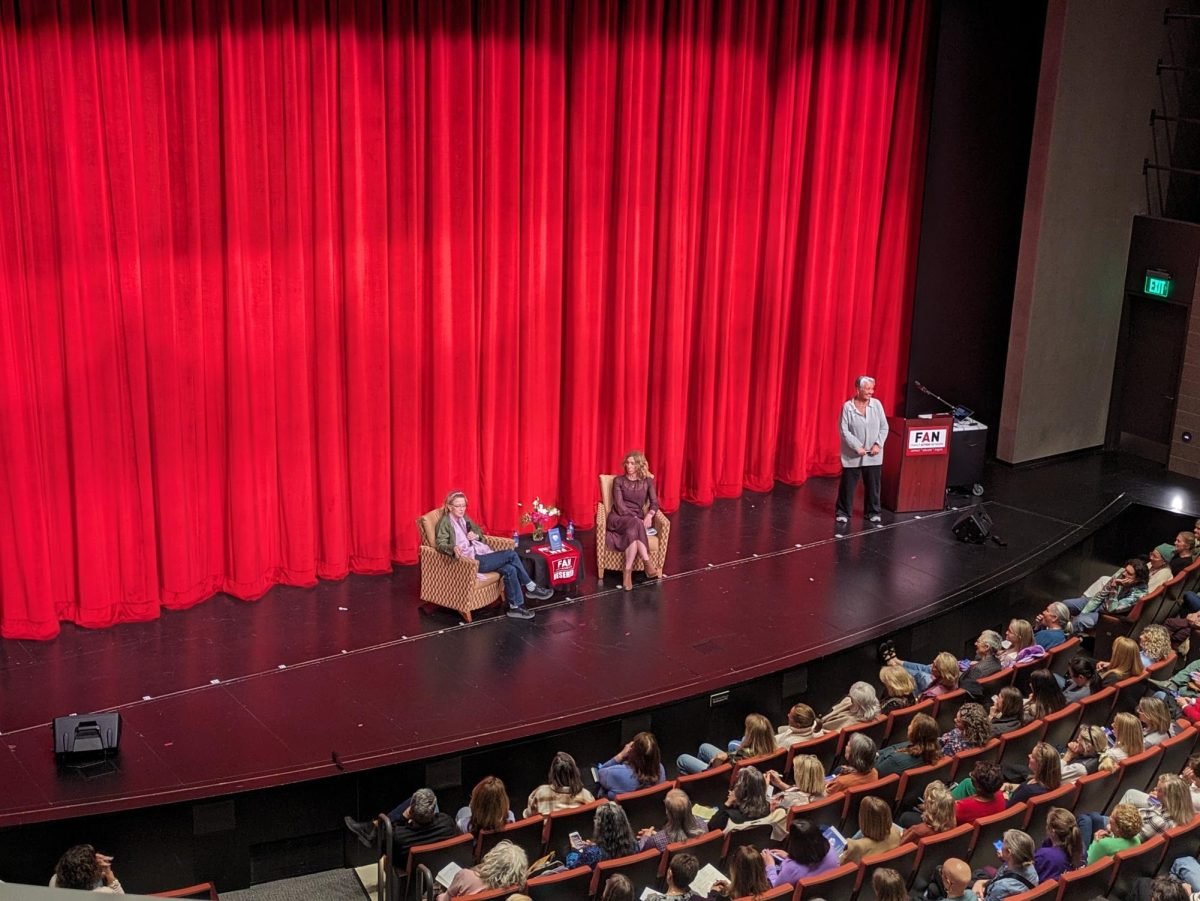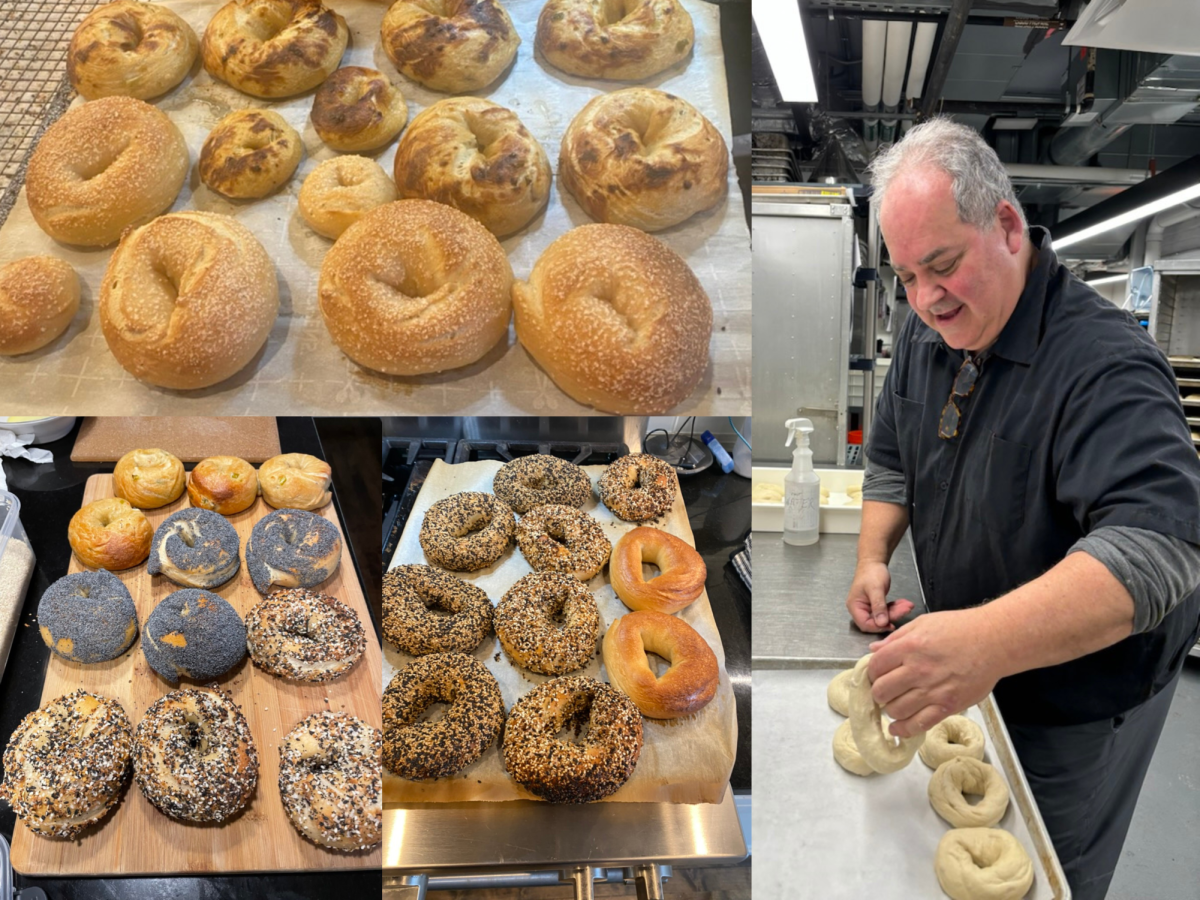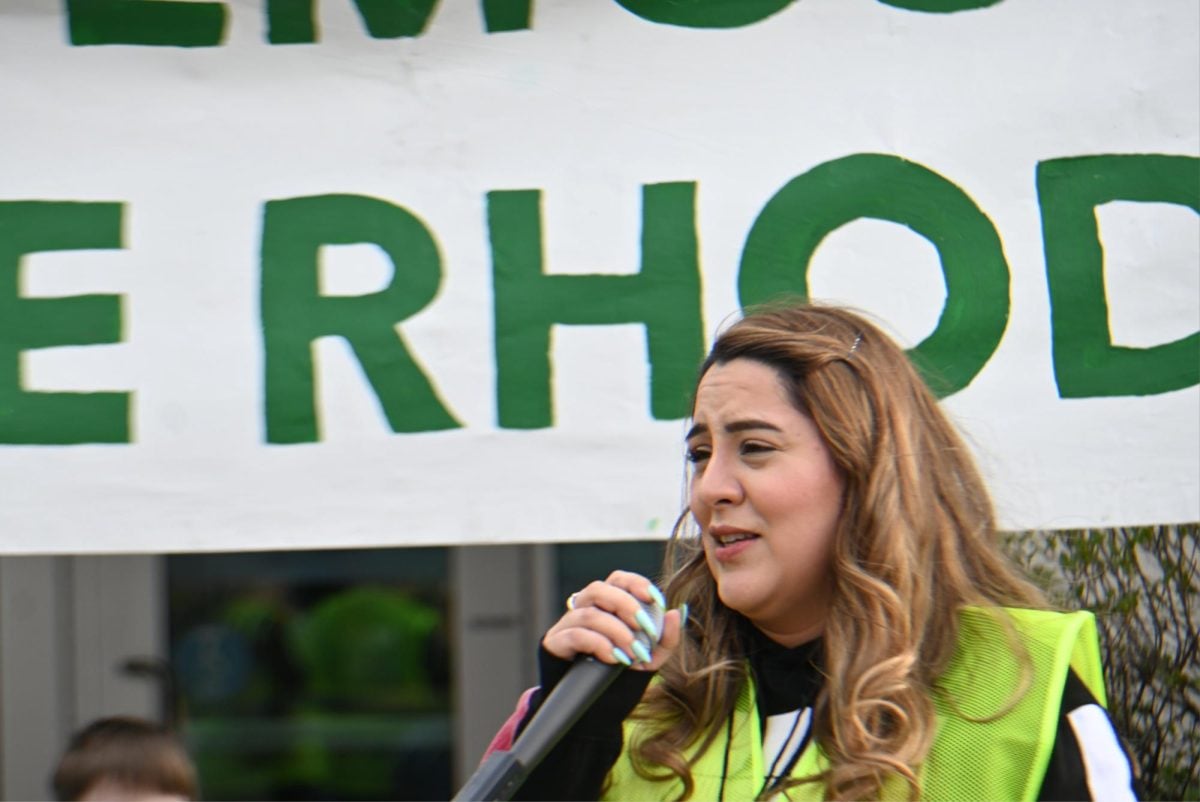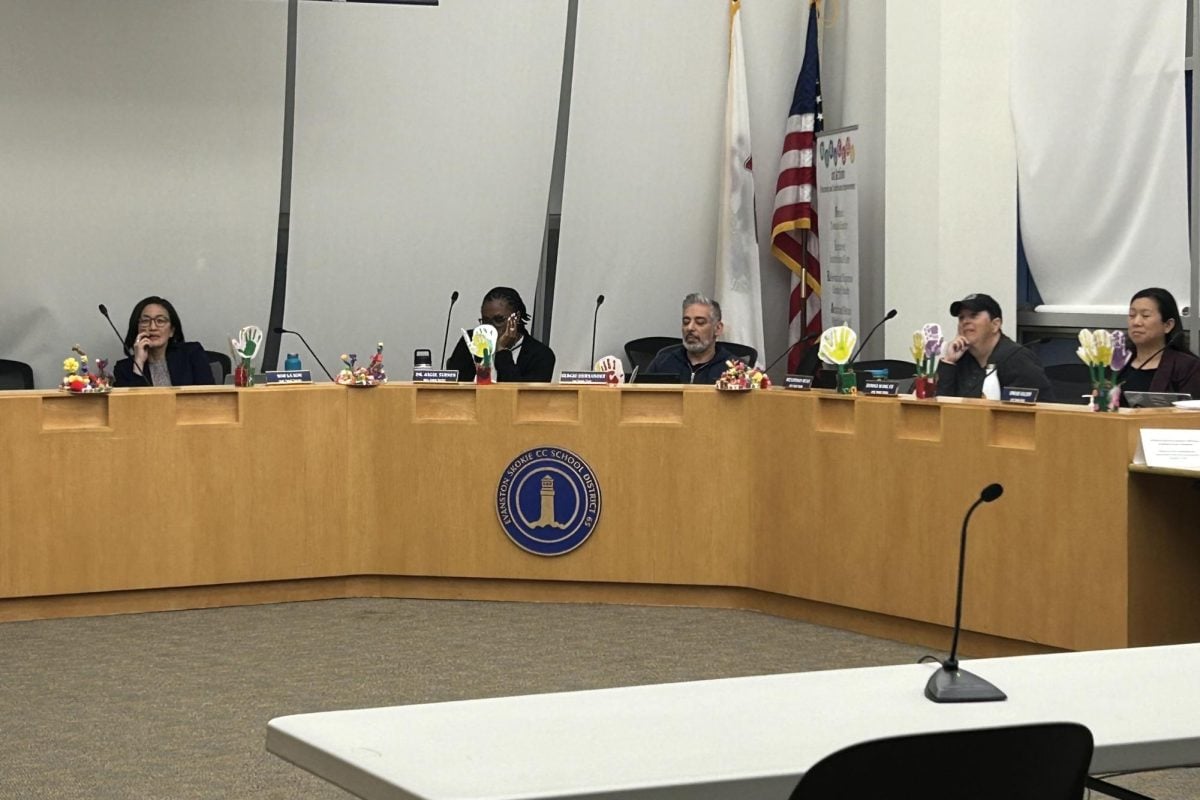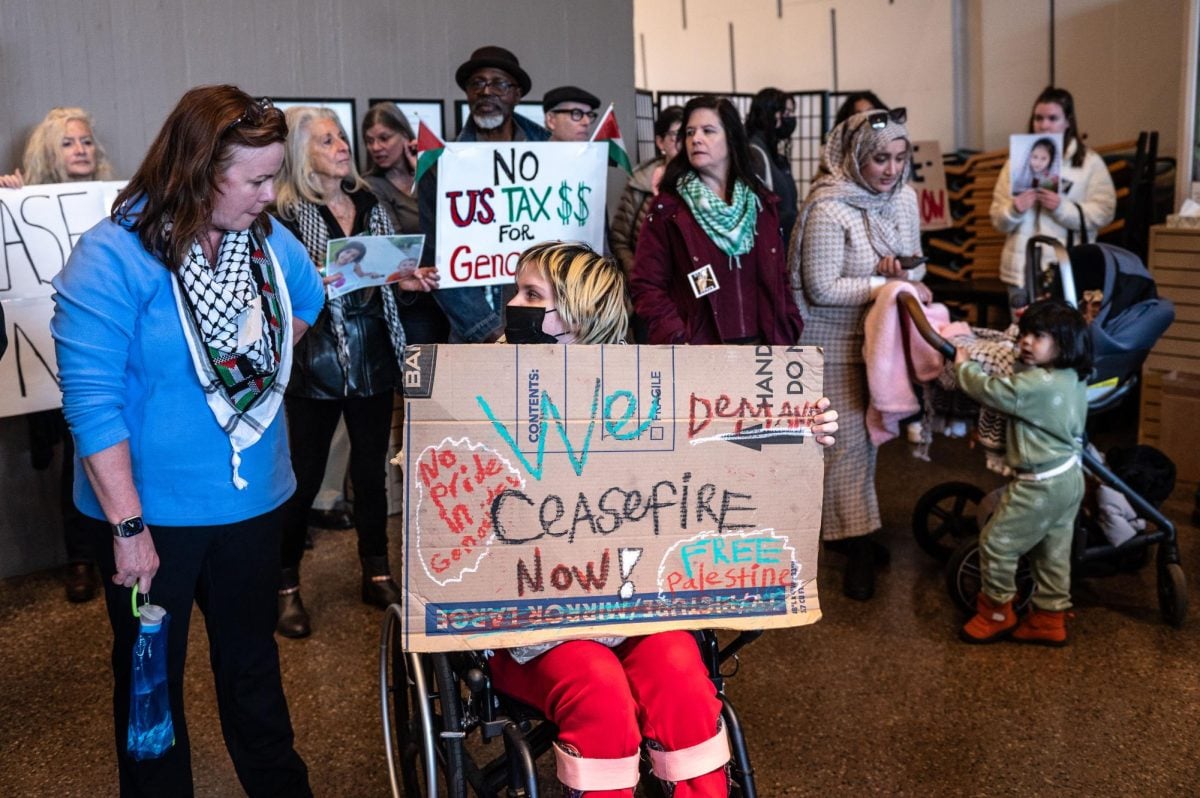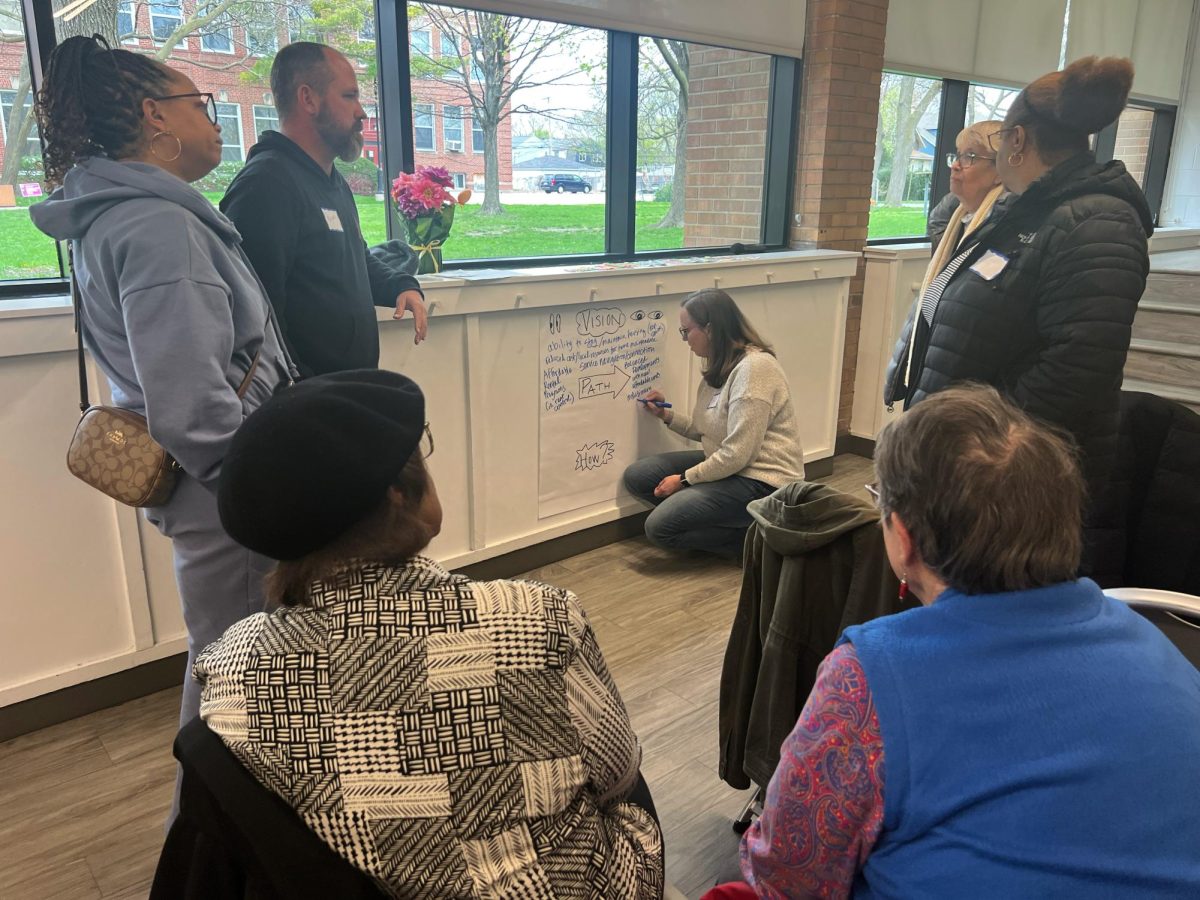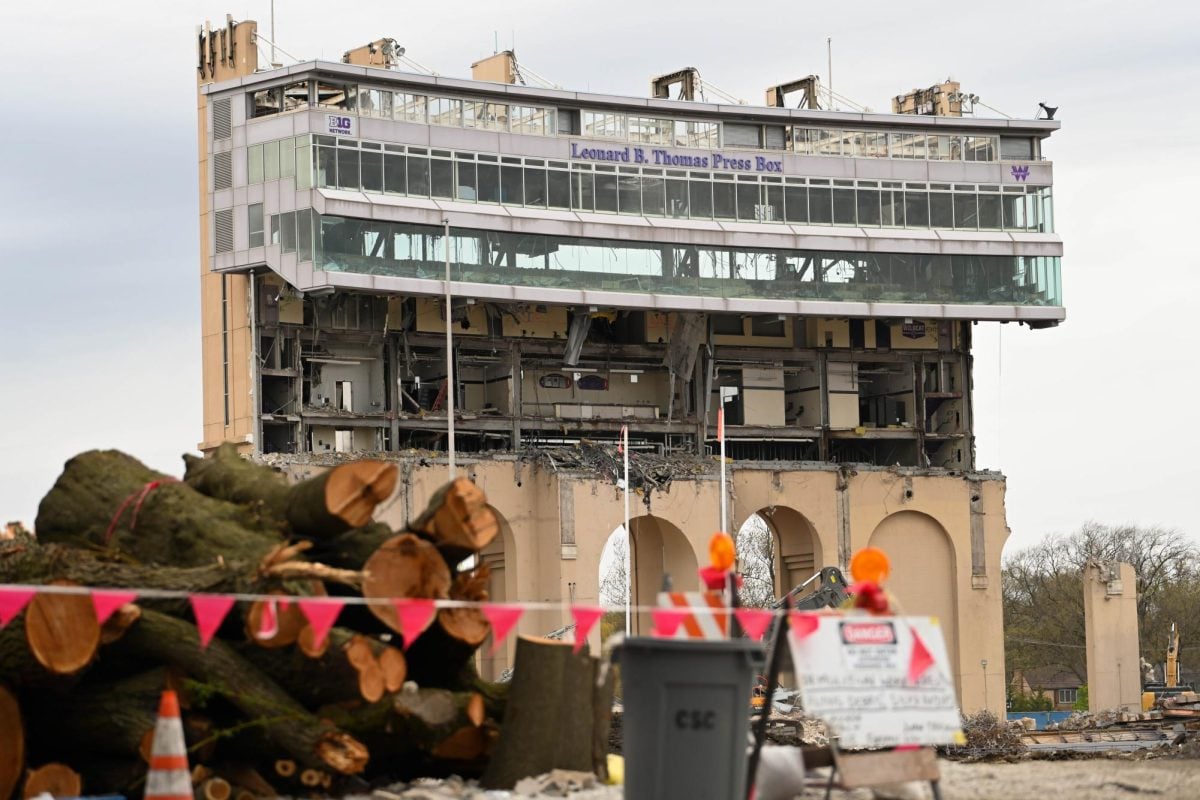The passage of Cook County’s 2013 budget on Nov. 9 includes the adoption of a $25 gun tax and additional measures to decrease handgun violence, which anti-gun activists view as a small step in the right direction.
The county gun tax is believed to be the first of its kind in the United States, said attorney Ben Van Houten of the Law Center to Prevent Gun Violence in an email. In the past decade, there have been attempts in at least six states to impose a sales tax or gross receipts tax on firearms or ammunition, but none of these measures have been passed.
Tennessee imposes a similar tax on shotgun and cartridges, with the proceeds benefiting a state wildlife resources fund.
The Cook County gun tax will be implemented on April 1. Revenue from the tax will support a general fund for county hospitals to address gun violence cases.
The adopted gun tax is an amended version of one originally proposed and sponsored by Larry Suffredin, Cook County commissioner for the 13th district, which includes Evanston. The so-called “violence tax” initially included a 5-cent tax on ammunition sold in Cook County in addition to the gun tax, but that provision was struck down during budget negotiations.
Instead of the bullet tax, the budget includes a $2 million fund to benefit violence prevention. An advisory committee will distribute the money to nonprofit groups that have existed for at least three years and have proven their ability to mediate and prevent violence.
Suffredin said he was strongly opposed to the removal of the ammunition tax. Suffredin added he was also upset by the source of the $2 million fund, which consisted of money reallocated from Cook County hospitals.
“The bullet tax was the most significant part of the tax,” he said. “It was a mistake to take it out.”
Together, the fund and the gun tax will contribute to ongoing efforts to decrease the number of injuries and deaths resulting from gun violence in Cook County, especially Chicago.
The tax, however, is not guaranteed to limit handgun violence. Coalition to Stop Gun Violence spokesman Ladd Everitt said he was skeptical that the real aim of the tax was to decrease violence, although he noted that he was not familiar with the specifics of the tax.
“I don’t necessarily believe that the aim of this policy is to deter illegal gun trafficking,” he said. “It seems that the point of the tax is to redistribute the burden of the cost of gunshot injuries from the taxpayers to those buying and using guns.”
Everitt said in order to effectively limit handgun violence, Illinois would need to start identifying which dealers are the source of most guns used in crimes and then regulate those dealers. According to the Illinois Council Against Handgun Violence, 30 percent of guns used in Chicago crimes were purchased from Cook County gun shops.
“These shops have a total free pass,” he said. “It’s ridiculous.”
Suffredin said substantial violence reduction could be achieved with the passage of a resolution that requires gun owners to report lost or stolen firearms. Suffredin, who co-sponsored the “lost and stolen” state bill, said the resolution would give gun owners and dealers 72 hours to report misplaced firearms.
Suffredin said he hopes the anti-gun measures in the budget and the passage of the upcoming resolution would decrease gun violence in Cook County.
“The real danger with a gun is that the most insignificant interaction between people turns into a major crime if one person has a gun,” he said.

